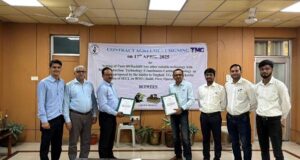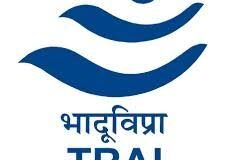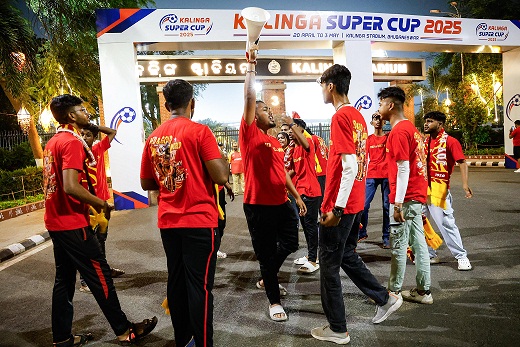Newdelhi:7/3/24:Under the directions and guidance of Hon’ble Chief Minister Shri Pushkar Singh Dhami, an MoU was signed on Tuesday, 5th March, between CSIR Indian Institute of Petroleum, Dehradun and UCOST under the aegis of the “Adarsh Champawat” mission. On this occasion, Dr Harendra Singh Bisht, Director of the Indian Institute of Petroleum, and Professor Durgesh Pant, Director General of UCOST, signed the MoU documents and inaugurated a historic project on deploying the technology of making fuel from Pine Needles in Champawat.
Under this agreement, the CSIR – Indian Institute of Petroleum will implement two major technologies at the grassroots level in Champawat. The selected technologies include a briquetting unit with a capacity of 50 kg per hour based on Pine Needles and 500 units of Improved Cookstoves for rural households. An extended field trial study will be conducted regarding energy conservation and its environmental impact. The briquette unit will be established in the Energy Park in Champawat as a part of the Women Empowerment initiative. The briquettes produced will be used as fuel in homes and local industries.
Dr Harendra Singh Bisht, Director of the CSIR – Indian Institute of Petroleum, said that the use and management of Pine Needles are necessary to reduce the instances of forest fires. The Pine Needle briquettes and pellets can replace coal and protect the environment. The briquettes can be used for domestic cooking and as direct or co-firing fuel in brick kilns and thermal power plants.
He also informed that the Indian Petroleum Institute had been rigorously working towards the utilization and value addition of Pine Needles and has developed an improved technology for briquetting of Pine Needles and an energy-efficient, low-cost, natural draft biomass cookstove. The biomass cookstove works with Pine Needles briquettes at an energy efficiency of 35% and reduces household pollution by 70%. In addition, the CSIR – Indian Institute of Petroleum is a laboratory designated to certify biomass pellets for use in thermal power plants. The laboratory has advanced facilities for the biomass characterization and evaluation of biomass combustion equipment.
Professor Durgesh Pant said that under the direction and guidance of the Hon’ble Chief Minister, UCOST, as the nodal agency, has worked over the years to make Champawat an ideal district. He informed us that the Pine Needles collection, its value addition, and its supply to the industry offer good business opportunities for the rural people of Champawat. Moreover, with minor technical training on briquetting and quality control parameters, the rural people of Champawat can supply it to the industries and make it a regular source of income. Pine Needles briquetting can be converted into a full-time sector, providing regular employment opportunities, as there will be high demand for these briquettes in the future. Moreover, manufacturing and marketing of improved cookstoves will become an attractive option for the skilled and semi-skilled rural masses. He added that another CSIR laboratory, CSIR-CIMAP, Lucknow, is also doing excellent work in Champawat under the “Aroma Mission”.
Mr. Pankaj Arya, the lead project Scientist, informed that the Indian Institute of Petroleum has been working on a science and technology-based model for sustainable development of Champawat district, with components of demonstration, implementation, and skill development. He said that this project will give special attention to promoting rural entrepreneurship through training, skill development, and market linkages. Additionally, more than 100 identified beneficiaries/stakeholders will be trained in the manufacturing, operating, and maintaining biomass briquetting and advanced combustion equipment, generating new employment opportunities in Champawat. Also, distance learning methods, workshops, and exhibitions will be organized to revive local women and youth’s scientific temperament and skill development. Ultimately, this project will help in energy conservation, employment generation, skill development, and women’s empowerment in Champawat. On this occasion, Dr. Sanat Kumar, Dr. G. D. Thakre from the Indian Institute of Petroleum, and Dr. D. P. Uniyal, Mrs. Poonam Gupta from UCOST were also present, who made essential contributions in designing the project and provided suggestions for its successful implementation.
 Odisha news today, Latest Oriya News Bhubaneswar Online Odia news Portal
Odisha news today, Latest Oriya News Bhubaneswar Online Odia news Portal




